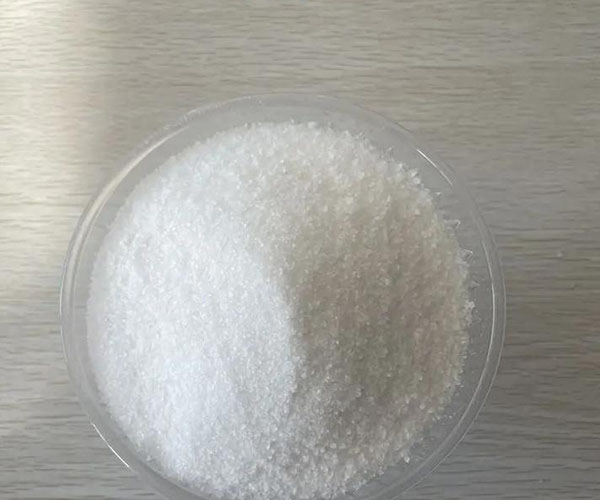Aluminium sulfate usually appears as a white crystalline solid. It is odorless and has a density of about 2.71 g/cm³. It is soluble in water, and the solubility increases with temperature. For example, at 0 °C, the solubility of aluminium sulfate in water is about 31.2 g/100 mL, and at 100 °C, the solubility can reach about 89.0 g/100 mL. The crystals of aluminium sulfate often contain water of crystallization.
Uses of Aluminium Sulfate
Water Treatment
Aluminium sulfate is widely used as a coagulant in water treatment plants. When added to water, due to its hydrolysis reaction, the formed aluminium hydroxide flocs can adsorb and precipitate suspended particles, colloids, and some dissolved organic substances in the water. This process helps to clarify turbid water and remove impurities such as clay, silt, and bacteria. It is effective in reducing the turbidity and color of water, making it suitable for domestic and industrial use.
Paper Industry
In the paper - making process, aluminium sulfate is used as a sizing agent. It reacts with cellulose fibers in the paper pulp to form a complex that fills the pores between the fibers. This treatment improves the water - resistance of the paper, preventing the ink from spreading and improving the printability of the paper. It also helps to increase the strength and stiffness of the paper by binding the fibers together.
Textile Industry
Aluminium sulfate is used as a mordant in the textile dyeing process. A mordant is a substance that helps to fix the dye onto the fabric fibers more effectively. When used with certain dyes, it forms a complex with the dye molecules and the fabric, improving the colorfastness of the dyed fabric and enhancing the brightness and uniformity of the color.
Food Additive (in some cases with strict regulations)
In some food - processing applications, aluminium sulfate can be used as a food additive. For example, it is used in the processing of pickles to help keep the pickles crisp. However, due to concerns about the potential health effects of aluminium, its use in food is strictly regulated to ensure that the aluminium intake through food is within a safe range.
Tanning Industry
In the leather tanning process, aluminium sulfate is used to tan hides. It helps to convert the raw hides into leather by cross - linking the collagen fibers in the hides. This process imparts durability and resistance to the leather and also affects the texture and appearance of the final leather product.
 English
English Español
Español Português
Português Français
Français Deutsch
Deutsch Русский
Русский 中文
中文 日本語
日本語
